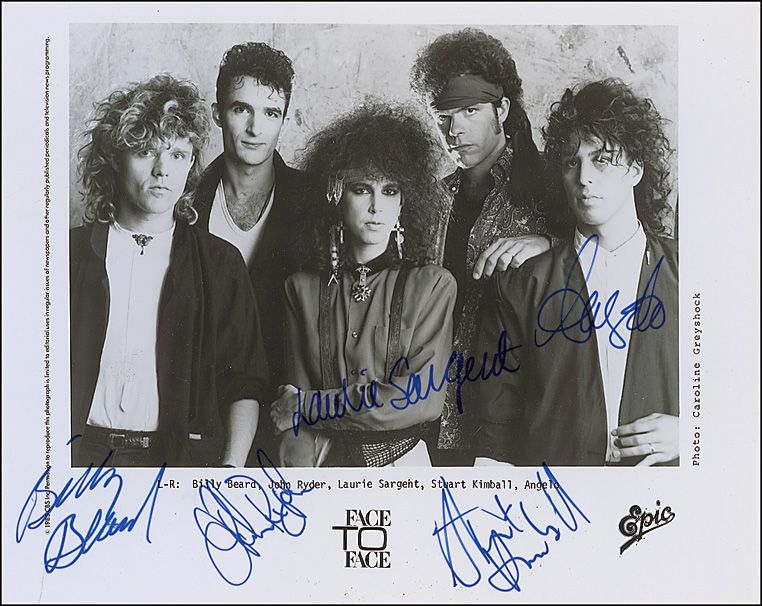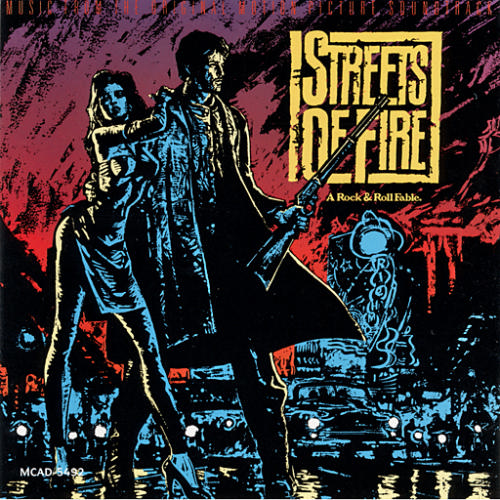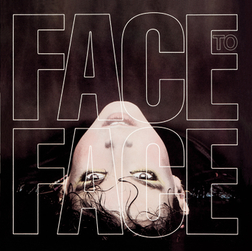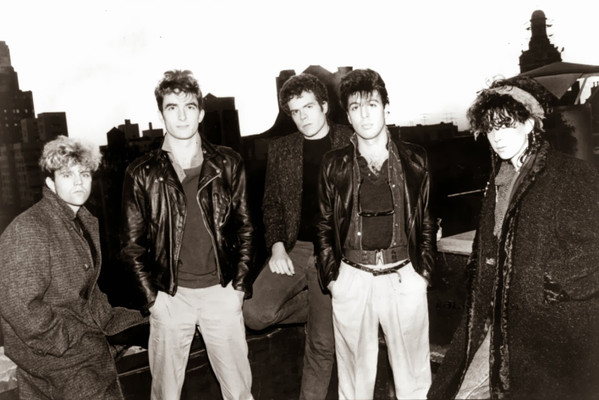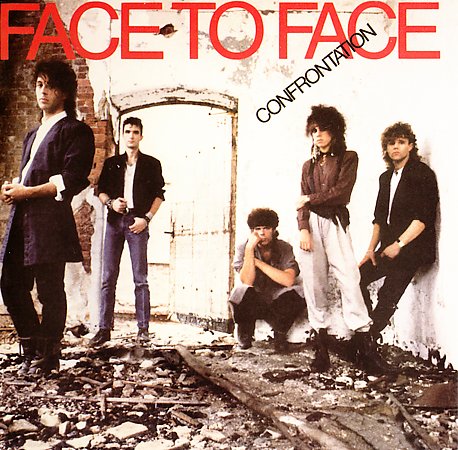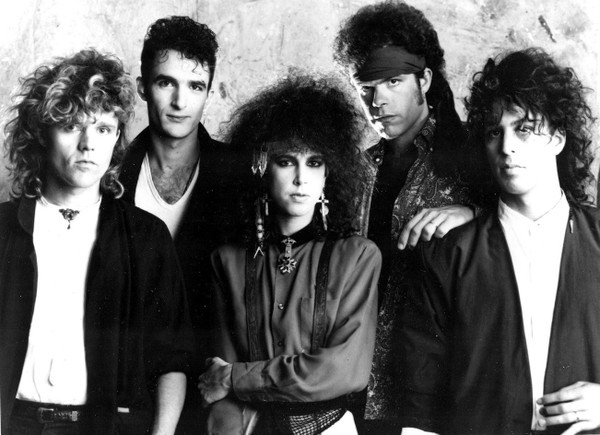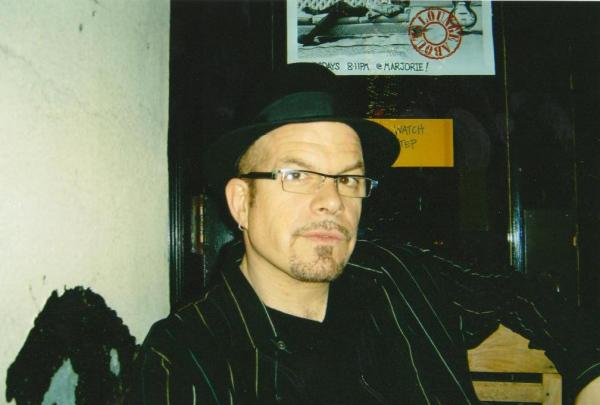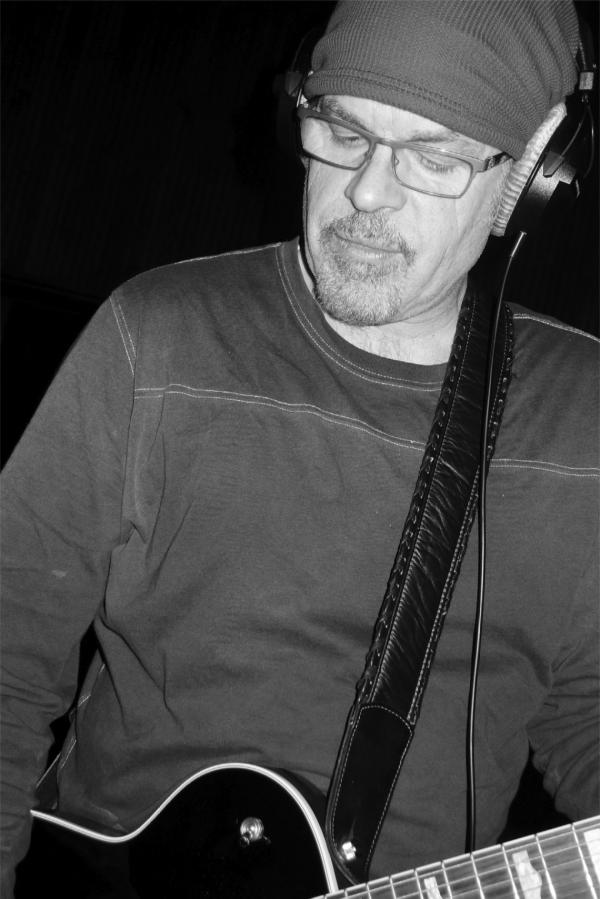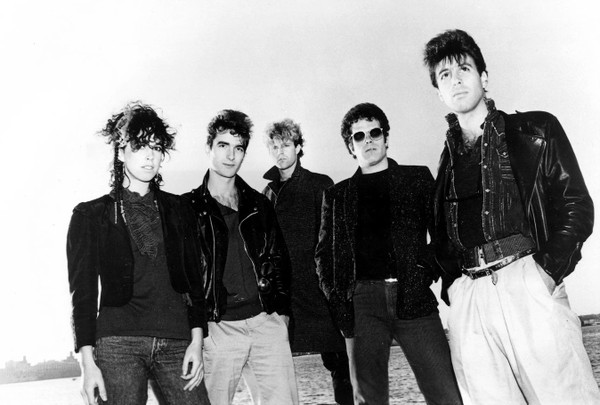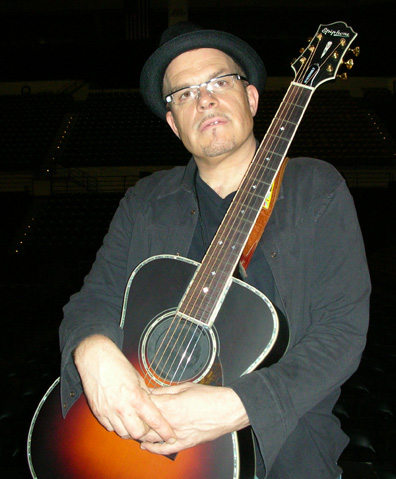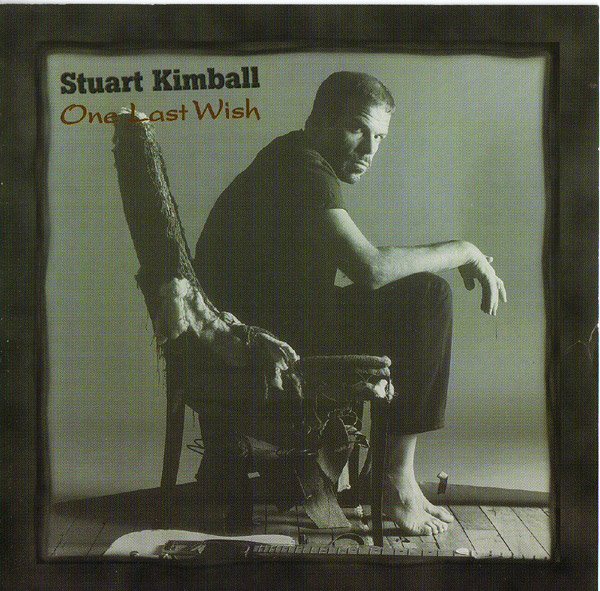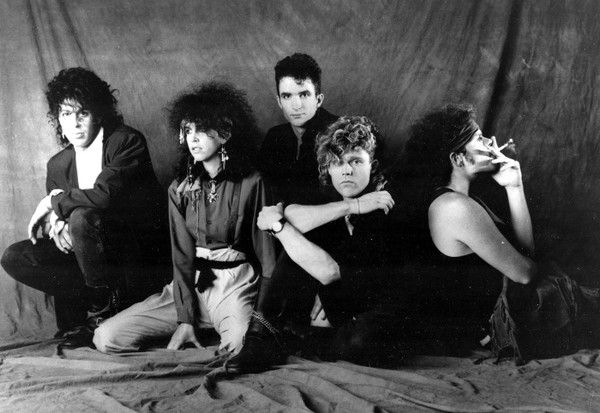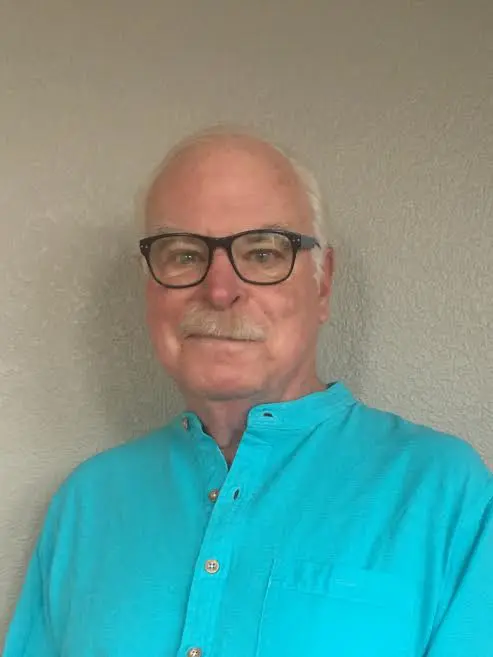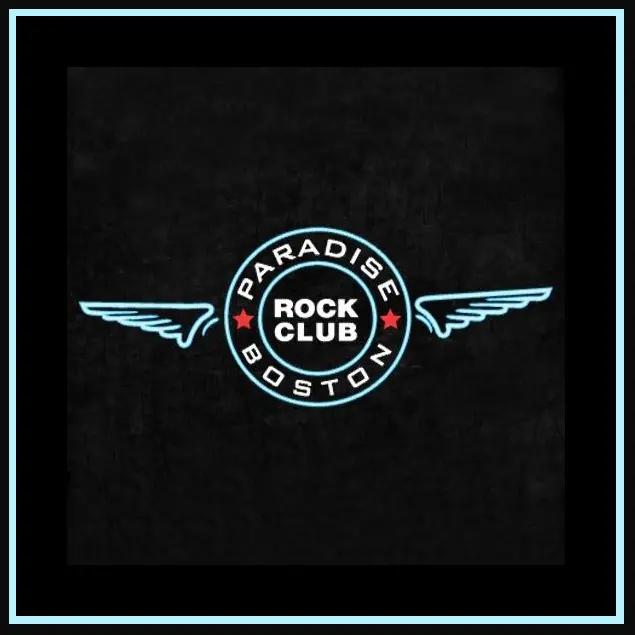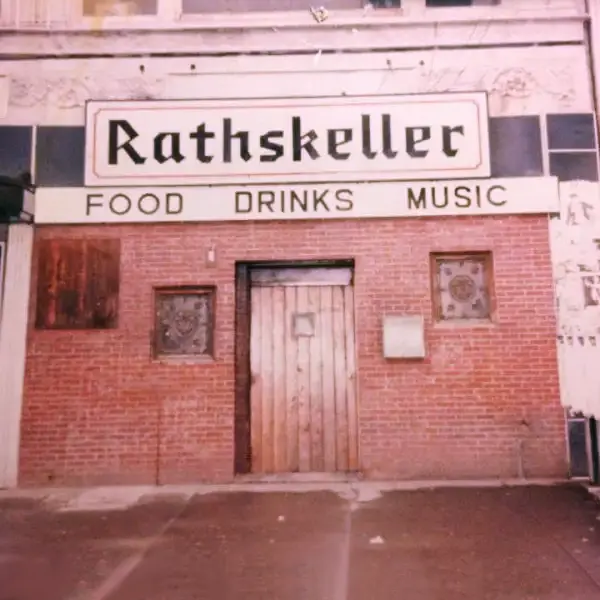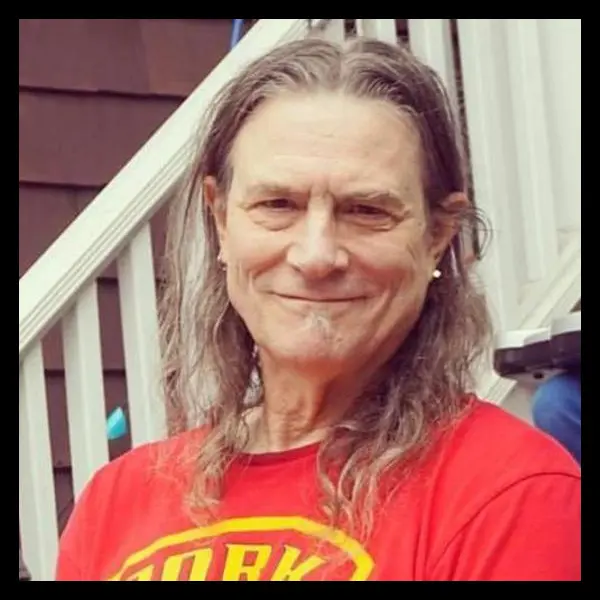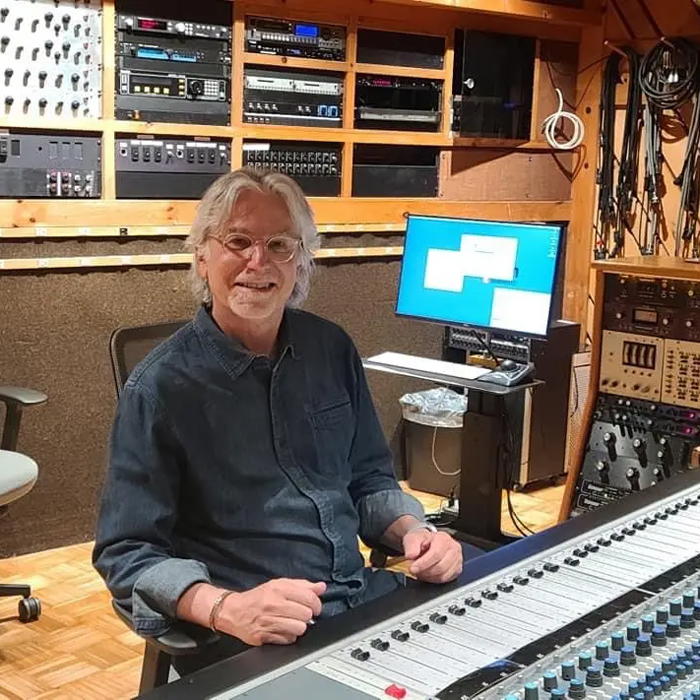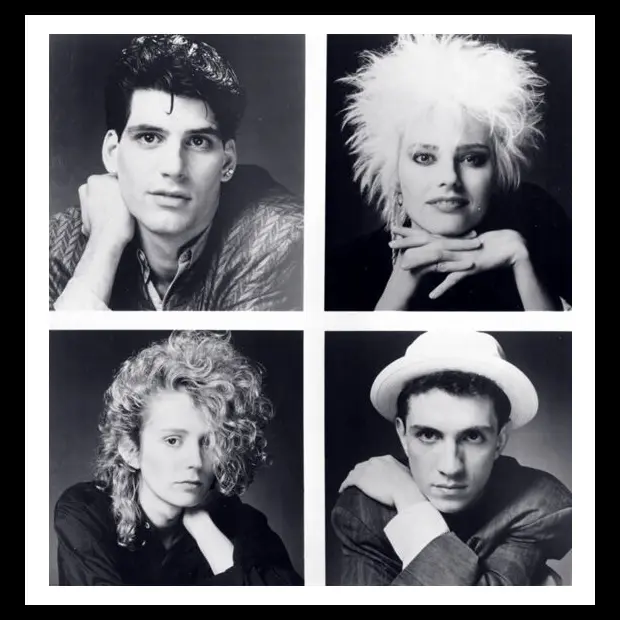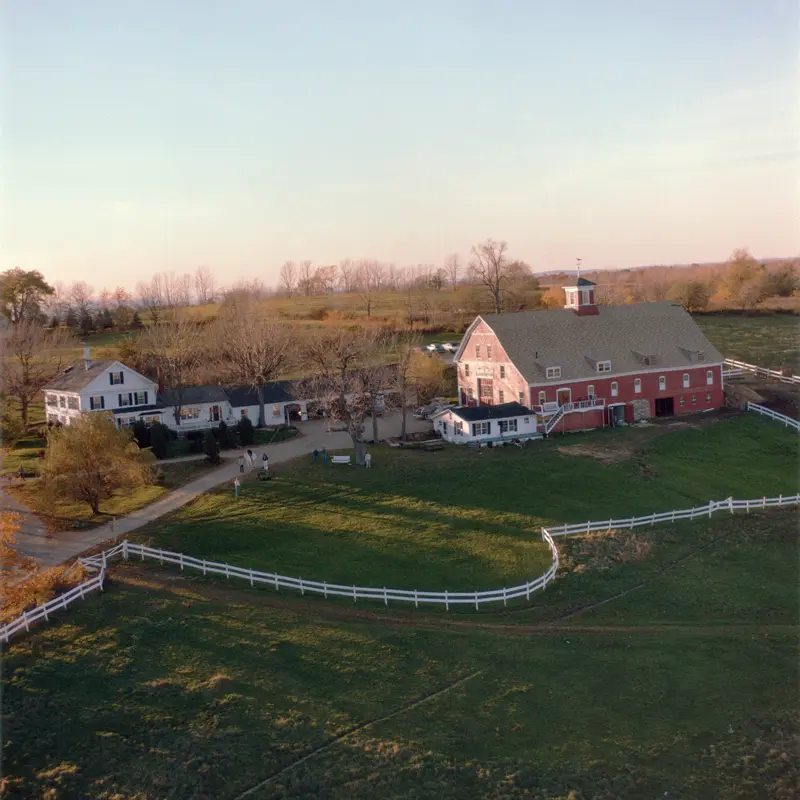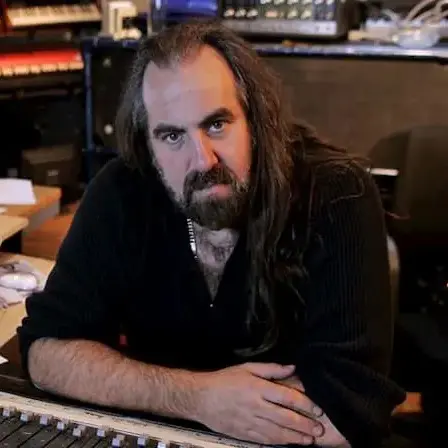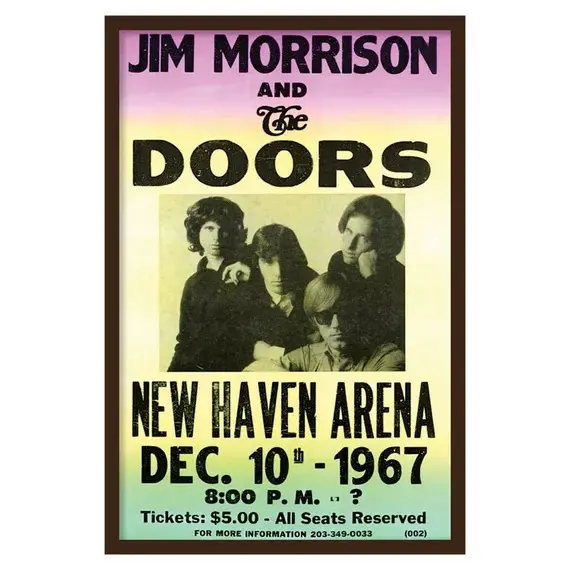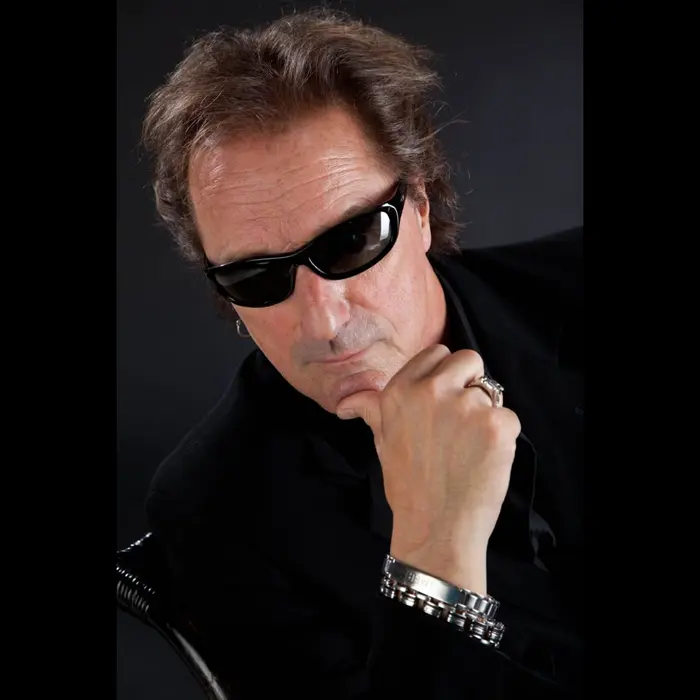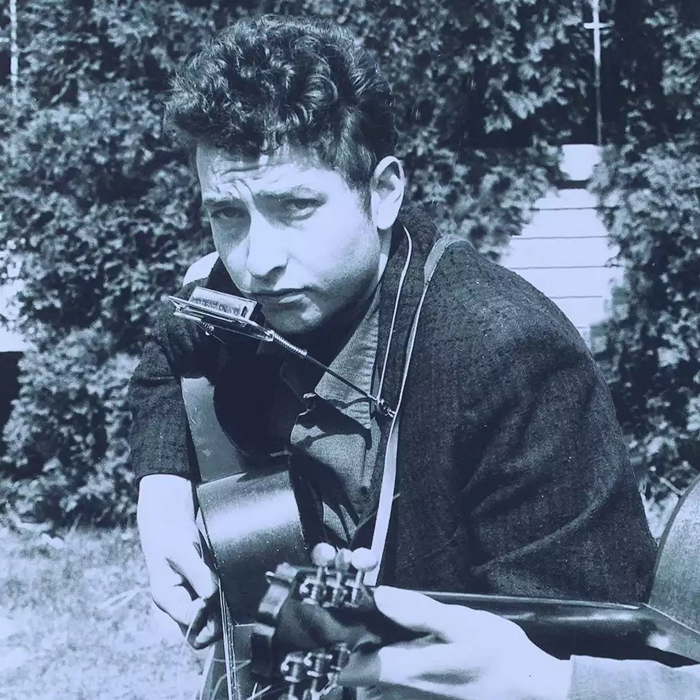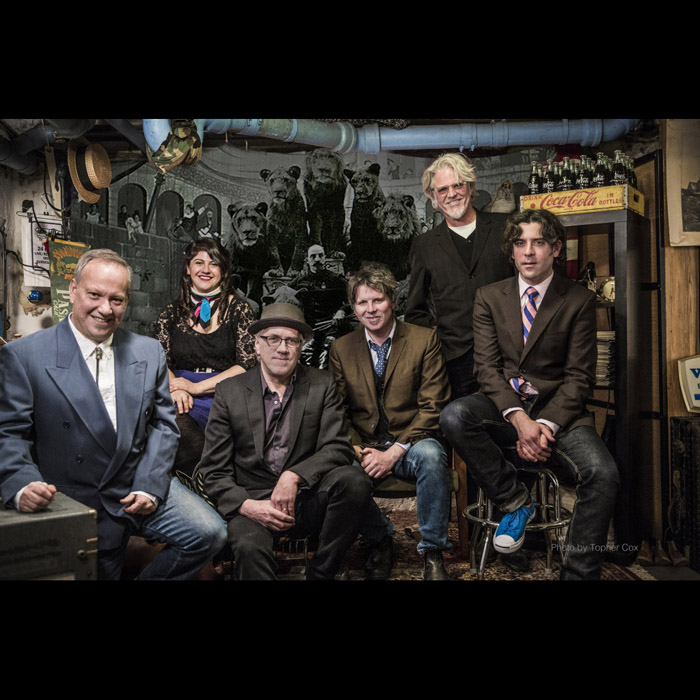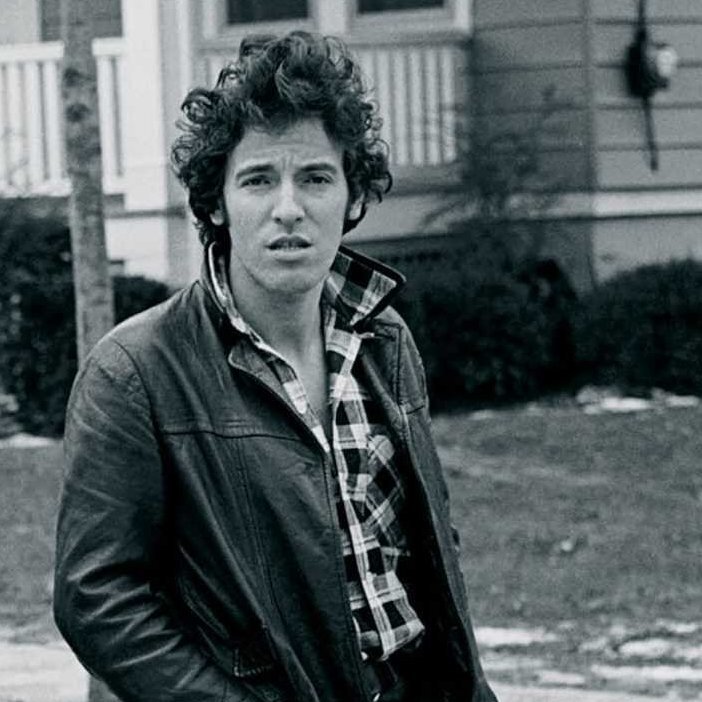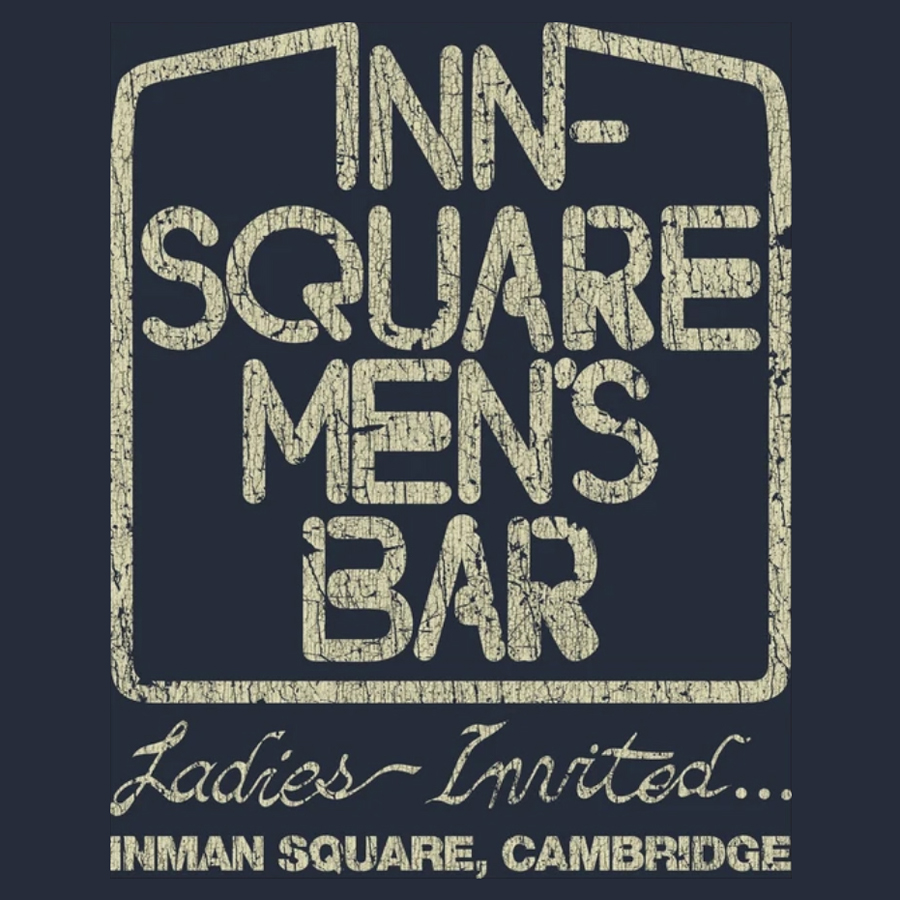Face to Face
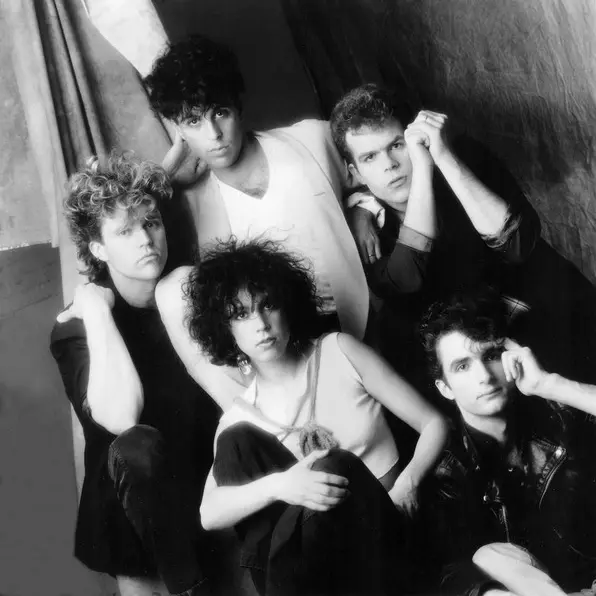
College provides an ideal environment for forming bands because it often connects like-minded musicians from diverse backgrounds. Within their circle of friends, students are likely to find some who share their artistic interests and others who bring an entirely unique flavor to the mix, resulting in the kind of diversity that fosters unexpected collaborations and creates music that resonates.
And that was certainly the case in the mid-‘70s at New England College, located in the sleepy village of Henniker, New Hampshire, where drummer Billy Beard first heard a fellow New York City native, guitarist Angelo Petraglia, playing in The Paula Doo-Rite Band, fronted by singer Paula Dudley. Beard’s reaction was immediate: He just had to be part of that band. Fortunately for him, they were looking for a drummer and, after a series of serendipitous events, that lead to the eventual formation of Face to Face.
FORMATION
When Beard, Petraglia and Dudley initially met, The Paula Doo-Rite Band was in stiff competition with another New Hampshire-based group, The Stu Review, that featured a hot young guitarist from Contoocook, Stu Kimball. After graduation, Beard and Petraglia moved back to New York City but they stayed in contact and starting co-writing songs, eventually moving back to New Hampshire, where Kimball and Petraglia joined forces in The Zero Miles Band with bassist Randall Barbera.
Fast forward a year and a half later to 1979 when Beard, who was working for an ad agency in Exeter, received a call from Petraglia who said he couldn’t stand the thought of them turning 30 without ever having tried to make it in the music business and invited Beard to join him in a full-time band. With that spark, Beard immediately left the agency and moved to Concord, New Hampshire, where he and Petraglia rented a house and formed the first incarnation of Face to Face with bassist Barbera, George Kelly on guitar and vocalist Dudley.
MOVE TO BOSTON, LAURIE SARGENT, EPIC INTEREST
Working odd jobs while rehearsing daily, the band spent the better part of a year honing their craft before relocating to Boston in 1980, seeing the move as necessary to build their fan base and attract label attention. Within six months, Dudley unexpectedly quit the group and Kimball recruited Laurie Sargent, one of his former guitar students, to take her place. They began gigging at popular spots including the Inn-Square Men’s Bar in Cambridge, The Rathskeller and Pooh’s Pub in Kenmore Square and, through their association with Pretty Polly Productions, they landed opening spots for national acts including Tommy Tutone at the Paradise Rock Club.
After a gig at the Paradise opening for Rick Berlin, a huge Face to Face fan who’d invited Epic Records A&R man Dick Wingate to the show, Wingate was so impressed with what he heard that he wanted to sign Face to Face to the label the very next week. The deal didn’t come together that quickly, however, as Epic had exhausted its signing allotments for the time being. By the time Wingate made the offer, Barbera had left the group to manage Long View Farm Studio and ‘Til Tuesday; he was replaced by Jack Lambert briefly before John Ryder took over four-string duties, establishing what became the “classic” Face to Face lineup.
DEMOS, ARTHUR BAKER, EPIC SIGNING, STREETS OF FIRE, DEBUT ALBUM
Soon after meeting Wingate, Face to Face were performing at Boston University where fewer than 10 people showed up, one of them being hip-hop producer Arthur Baker. That meeting led them to the next link in the label-contract chain: New York City-based attorney Jay Bergen shopped the band’s demo, eventually getting it to producer Jimmy Iovine (Stevie Nicks, Bob Seger, Tom Petty) who became enamored with their song “Out of My Hands.” Iovine offered to produce the band and urged Wingate to persuade Epic to find the money to bring them on board. The label complied, signing Face to Face in 1982.
Months passed before the band went to Los Angeles to start working on their self-titled debut album and when they finally arrived, Iovine had a surprise: He asked the band if they want to be appear in and contribute to the soundtrack for the 1984 neo-noir film Streets of Fire, directed by Walter Hill. Though nobody in the group was excited about the project since it would delay recording of their album, they recorded a rendition of Bruce Springsteen’s “Streets of Fire” that never made it into the movie.
They finished recording their debut disc in New York City, but only after Iovine had lost interest and walked away from being sole producer; Arthur Baker produced the album’s single “10-9-8” (b/w “Under the Gun”), which reached #38 in the Billboard Hot 100 and #7 in the Billboard Dance Club Songs chart with Iovine listed as co-producer. Epic issued the LP in 1984 and Face to Face toured the US and Japan to support it but the LP was poorly received (even in Boston) and panned in much of the national music press. They opened for several of the era’s top groups including The Psychedelic Furs, The Romantics, The Alarm and BoDeans before heading back into the studio to record their second album.
CONFRONTATION, ONE BIG DAY, DISBANDING
Determined to make something that was more representative of what they set out to be – a rock band, not a hip-hop group – the band cut Confrontation (produced by Baker and Ed Stasium), which Epic released in 1985. The disc was loaded with solid rock tunes and the band toured extensively but the album turned out to be another commercial dud, resulting in Epic dropping the group from its roster.
In 1987, Wingate wooed Face to Face over to PolyGram, where he’d become senior vice president of A&R, and the band recorded their third and final album, One Big Day, issued in 1988. Until this point, Petraglia had been the principal songwriter but vocalist Sargent began playing guitar again and writing songs; she and Petraglia produced the countrified opening riff to the song “As Forever as You,” which represented a turning point in that the band’s signature sound moved from rock to what’s now known as Americana. Produced by Anton Fier, the album was yet another compilation of solid songs that never gained commercial traction and it was the final straw for the frustrated band members. Despite an offer from PolyGram to record a fourth LP, Face to Face decided to call it quits in 1988.
POST-FACE TO FACE ACTIVITY, LEGACY
Following the band’s demise, Beard and Petraglia formed The Immortals, which Beard describes as “Gram Parsons meets The Doors” or “heavy country,” and they played in and around Boston in addition to doing a few gigs in Nashville. By 1993, Petraglia had had enough of Boston and relocated to Music City looking for songwriting opportunities, eventually collaborating with singer Kim Richey, whose second album he produced with Beard on drums.
In some ways, that incarnation of musicians was the next phase of Face to Face, who turned a countrified corner and replaced three members. According to Beard, the result was magic. Petraglia went on to write a few #1 hits on the Billboard country charts and discover and mentor Kings of Leon, winning Grammys for their songs “Sex on Fire” and “Use Somebody.” Beard went on to play with Dennis Brennan, Patty Griffin and Session Americana; Kimball spent 13 years playing with Bob Dylan; Ryder performs occasionally with James Montgomery; and Sargent recorded several solo albums.
Despite being a short-lived band, Face to Face made a substantial artistic impact around New England and generated a significant bit of national buzz. The ultimate irony is that a California-based punk band formed in 1991 (and still active) went on to achieve far more recognition and commercial success using the name Face to Face.
(by Karl Sharicz)

